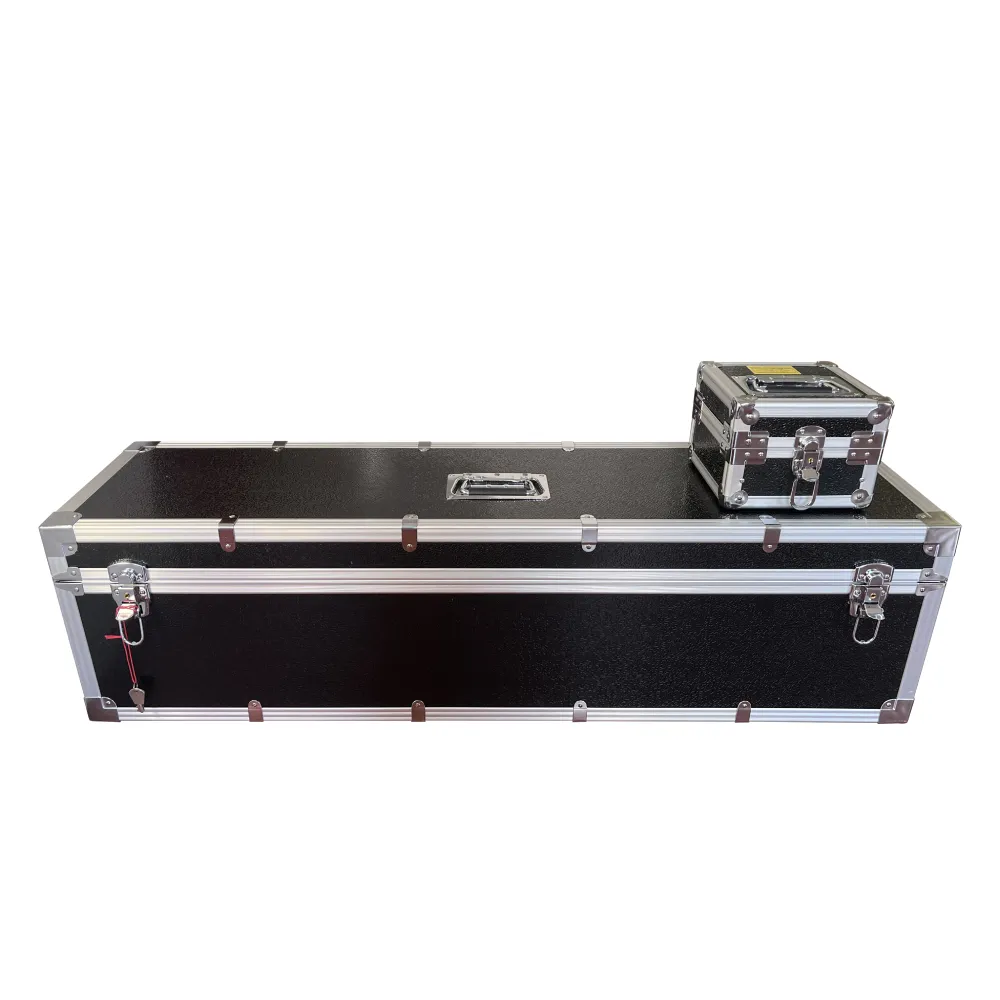 English
English


The Importance of Portable Flash Point Testers in Ensuring Safe Handling of Flammable Materials
Understanding the Portable Flash Point Tester A Vital Tool for Safety and Compliance
In today’s industrial landscape, safety and compliance are paramount, particularly when dealing with flammable substances. One essential device that plays a crucial role in ensuring workplace safety is the portable flash point tester. This versatile instrument is designed to measure the flash point of liquids, providing vital information about their flammability and, thereby, assisting in risk assessment and management.
What is Flash Point?
Flash point is defined as the lowest temperature at which a liquid can form an ignitable mixture with air. It is a critical property that impacts the safe storage, handling, and transportation of various substances, including fuels, solvents, and chemicals. A low flash point indicates a higher risk of ignition, necessitating specialized handling precautions to prevent accidents.
The Importance of Portable Flash Point Testers
Portable flash point testers are designed to carry out flash point tests quickly and efficiently, making them an indispensable tool across various industries including petrochemical, pharmaceutical, and environmental sectors. Their portability allows for on-site testing, which is particularly beneficial for organizations that need immediate results without sending samples to a laboratory.
The importance of these testers lies not only in their ability to gauge flammability but also in their contribution to regulatory compliance. Many industries are subject to strict regulations regarding the storage and handling of flammable materials. Portable flash point testers help organizations adhere to these regulations by providing accurate measurements that can help mitigate risks associated with fire and explosion.
Features of a Portable Flash Point Tester
Modern portable flash point testers come equipped with several advanced features that enhance their usability and accuracy. Most units are designed for ease of operation, often requiring minimal training for users. Key features include
portable flash point tester

1. Quick Testing Many portable testers can provide results within minutes, allowing for rapid decision-making. 2. Digital Displays Digital interfaces make it easy to read and record results, minimizing the risk of human error.
3. Calibration and Accuracy High-quality testers offer automatic calibration options, ensuring precision in different environments and conditions.
4. Data Storage and Connectivity Some models have the ability to store testing data and can connect to computers or cloud services for easier reporting and compliance documentation.
5. Safety Features Enhanced safety features, such as automatic shut-off mechanisms and temperature alerts, make these devices safer to use in potentially hazardous environments.
Choosing the Right Tester
When selecting a portable flash point tester, organizations should consider several factors, including the types of substances being tested, accuracy requirements, and ease of use. It is important to choose a model that conforms to recognized standard testing methods, such as ASTM D93 or ISO 2719, to ensure reliability and compliance with regulatory requirements.
Conclusion
In conclusion, the portable flash point tester is a vital instrument in the arsenal of safety and compliance tools used in various industries. Its ability to provide quick, accurate flash point measurements makes it an essential device for anyone involved in the handling of flammable substances. As industries continue to prioritize safety, investing in advanced portable flash point testers will not only help mitigate risks but also promote a culture of safety and responsibility in workplaces. Ultimately, understanding and utilizing this critical tool can contribute significantly to the prevention of accidents and the overall well-being of employees and the environment.
-
Differences between open cup flash point tester and closed cup flash point testerNewsOct.31,2024
-
The Reliable Load Tap ChangerNewsOct.23,2024
-
The Essential Guide to Hipot TestersNewsOct.23,2024
-
The Digital Insulation TesterNewsOct.23,2024
-
The Best Earth Loop Impedance Tester for SaleNewsOct.23,2024
-
Tan Delta Tester--The Essential Tool for Electrical Insulation TestingNewsOct.23,2024





